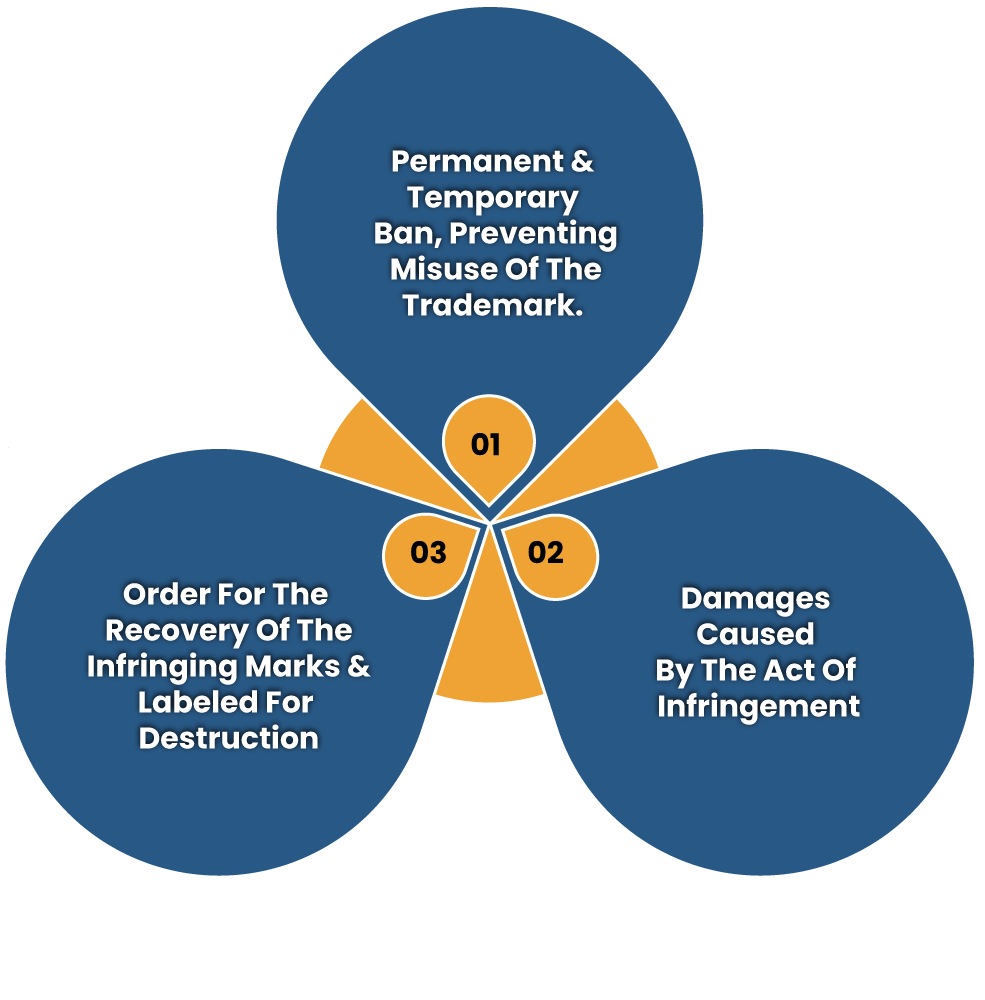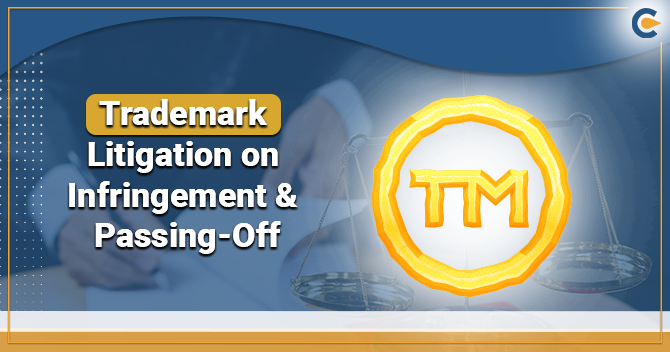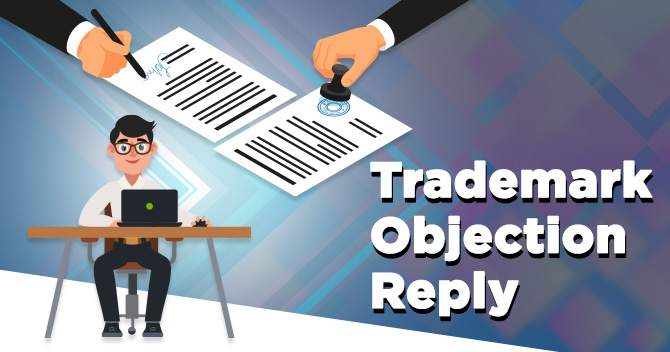The trademark litigation process gets started with filing a lawsuit related to trademark infringement at the concerned state, provincial, or international court of law. But, all the fill assurance regarding the alleged infringement is suggested via evidence and investigations. In general, the Trademark Litigation on Infringement is filed by the registered trademark owner, seeking a comprehensive and prompt ban on infringing activities and recovery of compensation.
Does Trademark Incorporate Distinctions in the Market?
The legal framework related to the Trademarks in our country is governed by the Trademark Act, 1999 & Trademark rules, 2002 inculcated there under. In general, the term Trademark signifies “sign,” “brand,” “logo,” or “symbol” which helps in incorporating the distinction for the goods or services.
In short, a Trademark helps create a unique identity for the product and services. Moreover, Trademark registration almost mandatory in our country, it offers some viable benefits like:
- Provide legal protection to the company’s goodwill in the existing market and increase the credibility of the goods and services.
- Conferred legal right to the owner to sue the defaulters in case of violation of registered trademark.
- Allows the applicant to prepare lawsuit under Trademark Litigation.
- Conferred the exclusive right to the owner related to the goods and services for which the trademark is registered.
Read our article:Overview on Cost of Trademark Registration
Trademark Litigation on Infringement of Registered Trademark
In the case of trademark Litigation on Infringement, the owner has access to two remedies under the law, which is as follows:
- A legal proceeding for passing off, in the event of an unregistered trademark.
- A legal proceeding for infringement, in the event of a registered trademark.
Trademark Act 1999 treats these course of actions differently. As per the said law, the passing off is a common law remedy; meanwhile, the infringement action is a statutory remedy.
Infringement
Section 29 of the Trademarks Act, 1999, talks about the trademark Litigation on Infringement. Trademark infringement is an act of violation of rights conferred to the owner of the registered trademark. An infringer of the trademark registered is an individual who is involved in the unauthorized uses of the mark which:-
- Adheres to duplicity concerning the original mark.
- Is used for commodities or services which aren’t identical to those for which the trademark registration is availed; and
- The registered trademark has earned ample goodwill in India and the use of the mark without legal ground taking unfair advantage of or deteriorating the reputation of a registered trademark.
Passing Off
Trademarks Act, 1999 still lacks a clear explanation of the term “passing off.” Section 27 of the Trademarks Act, 1999 talks about the common law rights of the owner to take legal action against the defaulter for passing off his goods as the goods of another individual or as services rendered by another individual or the remedies thereof.
For passing off action, some imperative elements require to be established. The following list talks about the same.
- Misrepresentation,
- The act ought to be made by the defendant during Business,
- The end-users or consumers of the applicant’s goods & services have been tricked by wrongful presentation,
- Such an act is executed to hinder the reputation of the plaintiff’s business, and
- Such an act leads to actual damage to the business both in terms of goodwill and revenue.
In action for passing off, the defendant’s motive doesn’t really matter from a legal viewpoint. Once the applicant earned substantial goodwill in the market, it is not literally important to establish evidence regarding the defendant’s intention behind the alleged violation.
Jurisdiction of Courts in Trademark Litigation on Infringement
In accordance with the Section 134 of the Act, the trademark Litigation on Infringement must be presented before the district court, where;
- No suit—
- For the violation of the registered trademark; or
- Relating to any legal rights in a registered mark; or
- For passing off occurred due to use by the defendant of the registered trademark which is similar to the plaintiff’s trademark, be it registered or unregistered, will be presented in any court holding lower status than District Court having jurisdiction to try the suit.
- For clause (a) and clause (b) of sub-section (1)
- A district court having jurisdiction will, regardless of the content available in the code of civil procedure 1908 (5 of 1908) or
- Any other laws, include a district court within the locally confined vicinity of whose jurisdiction,
- At the time of the institution of the lawsuit or other proceeding, the individual preparing the lawsuit, where there are more than one such individuals any of them carries on business[1] or having a separate source of income.
What are the Reliefs & Remedies that Court can render in Trademark Litigation on Infringement?
In view of Section 135(1), the court can render the following relaxations in a lawsuit filed by the plaintiff for trademark Litigation on Infringement or passing off.


Temporary Relaxations in the Lawsuit
- Appointment of a local commissioner responsible for undertaking a numbers of activities related to search, seizure, and preservation of infringing goods.
- Preventing the defaulters from mitigating assets in a way that may negatively affect the applicant’s ability to retrieve the costs, damages, or other financial remedies that might be awarded to the applicant.
- The plaintiff can also file a criminal complaint in case of infringement/passing off trademark
Applicable Limitation
The three years of the timeline are available for the plaintiff to file a lawsuit regarding the trademark/passing off. The aforesaid timeline would come into effect from the date of infringement/passing off. The infringement/passing off is in a continuous state; the plaintiff must prepare a distinctive lawsuit every time whenever infringement activities surface up.
Conclusion
The infringed trademark registration can be protected through the trademark litigation process. Our legal system has been equipped with ample measures that are capable of sabotaging such unlawful activities. Connect with CorpBiz team to avail easy information or services regarding Trademark Litigation on Infringement.
Read our article:How to Protect Android Applications with the Help of Trademark Registration?











